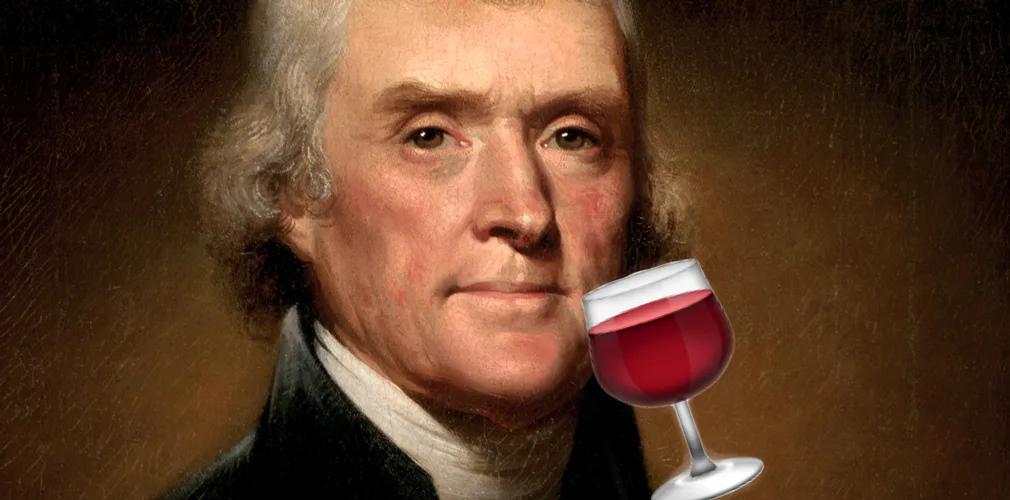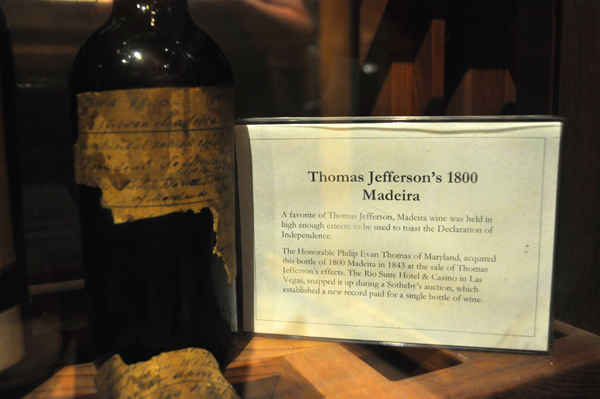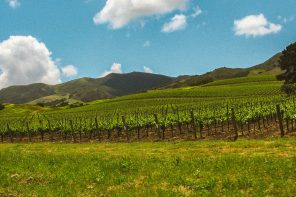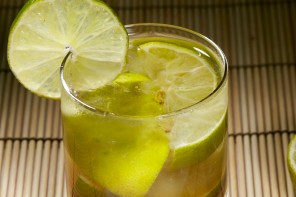Madeira? What is it? Among other things, it’s a drink the Founding Fathers had a crazy fascination with. But it doesn’t sound very American! Well, that’s because it ain’t.
While many were drinking an assortment of flat ales and random beer like beverages, this Portuguese and Brazilian wine became nothing less than a well documented obsession for John Adams, George Washington and Thomas Jefferson.
Thomas Jefferson loved the stuff so much, he actually planted cork trees at his estate just so he could bottle fresh barrels of Madeira from Brazil. That’s commitment.
Madeira, named after the Portuguese island of the same name, is no ordinary wine, however. It’s a fortified wine much like port. Originally Madeira was fortified to ensure it wouldn’t go bad during the long, hot voyage to America from the island. But, tradition stuck and Madeira today is still blended with brandy.
The result is a wine with an alcohol content ranging from 18-20%. No wonder George was so particularly fond of Madeira.
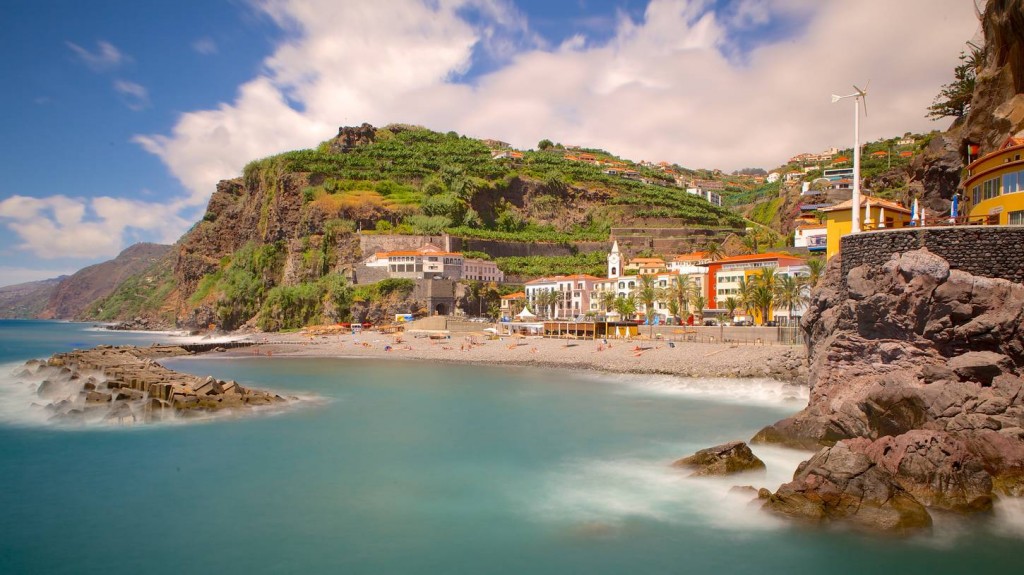
The island of Madeira.
Today, the wine’s distinct flavor profile comes from the heating processes meant to replicate the oversea voyages of the 1600s.
As barrels traveled in and out of tropical temperatures in order to make their way to the New World, the wine developed a rich intensity. In order to attain the same caramel flavor profile as the Madeiras drank by our founders two different processes are utilized today.
Estufagem occurs when wine is heated quickly in tanks over the course of a few months. Canteiro is a technique in which wine is slowly heated in the sun. Both lend rich nutty flavors with notes of citrus and burnt sugar- the flavors of a long voyage.
This heating process also imparts longevity, another reason for the founders’ obsession. The stuff never spoiled. They could buy in bulk and keep it for years and years.
On top of all this, Madeira pairs perfectly with Ben & Jerry’s. The founders were just a few centuries too early to cash in on that one.

